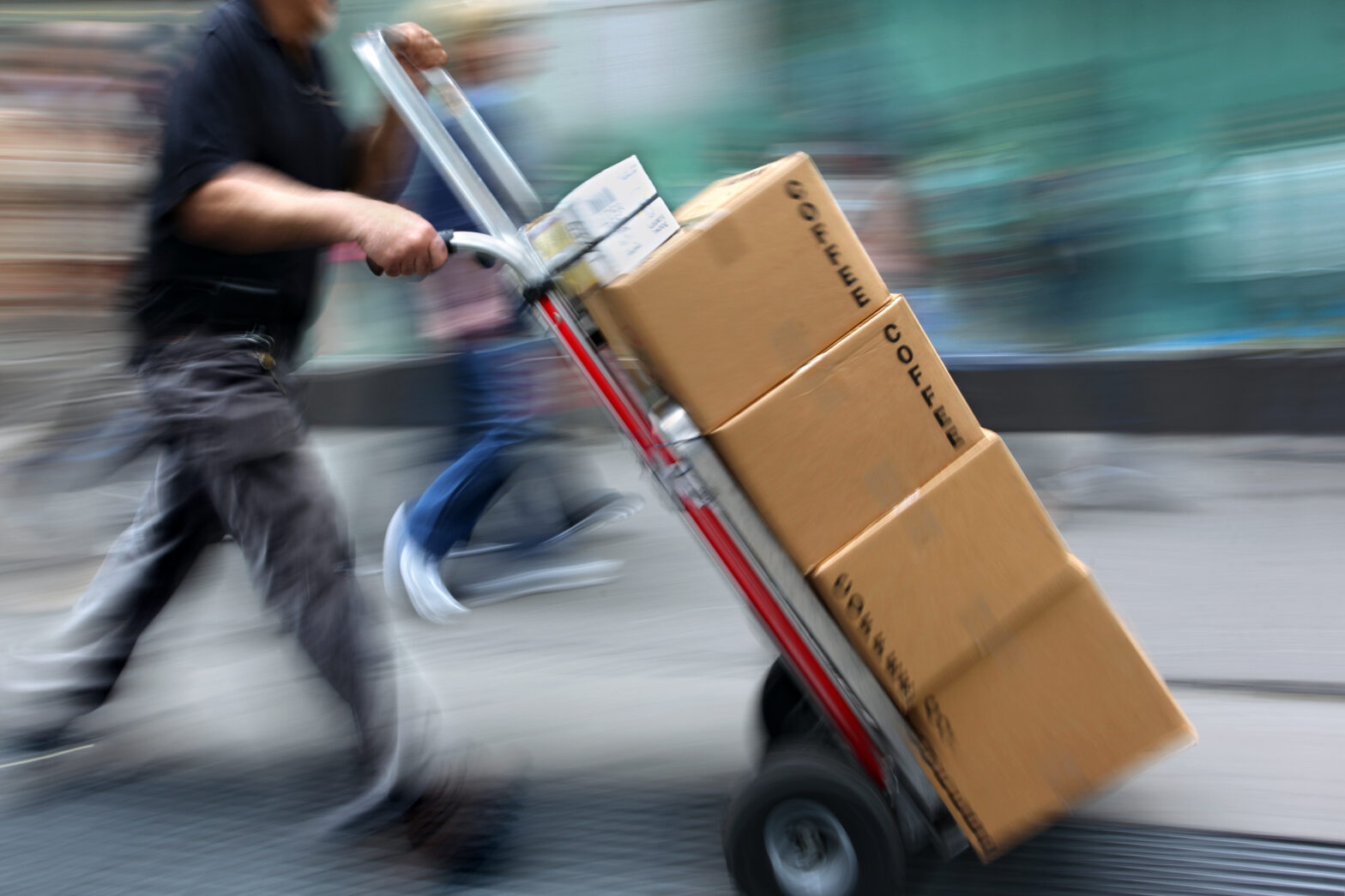Research commissioned by Engage Hub, the data-driven customer engagement solutions company, reveals that a lack of communication from delivery companies is the main reason UK consumers miss scheduled deliveries, with nearly one in four British consumers (23 per cent) saying poor communication has caused them to miss a delivery in the past 12 months.
Other reasons include the parcel not arriving at the specified time (22 per cent) and the consumer having no ability to reschedule the delivery time (17 per cent). One in ten British consumers (10 per cent) say their parcel was delivered to the wrong address.
When asked about what they consider are the most important elements of the delivery process, nearly half of UK consumers (49 per cent) cite clear confirmation regarding delivery time and just under a third (30 per cent) say they consider timely updates from the delivery company in the event of any changes as most important.
Simon Brennan, vice president of sales at Engage Hub says, ‘For every failed delivery, you are effectively adding another delivery to the slate. This not only incurs additional costs but also potentially loses customers who feel they have experienced a bad service.
‘Transparency of processes throughout the physical supply chain is key. With this level of insight, consumers have a much clearer understanding of when they can expect their delivery. However, a retailer or logistics firm’s best chance of getting goods delivered on time is if a customer is able to interact with them directly to change the parameters for collection or delivery scheduling/rescheduling.
‘Successful retailers and logistics firms will not just inform their customers about their deliveries – they will engage with them, in a two way conversation.’
Communication channel of choice
When asked which channel of communication they would most like delivery companies to use when updating them on the status of a delivery, consumers agree that updates via text/SMS are their preferred choice (59 per cent), followed by email (24 per cent).
There are, however, significant generational differences in consumers’ third choice of communication channels. Of the respondents that say they prefer updates from delivery companies via delivery apps, more than half (57 per cent) are millennials aged between 18-34 years old, in comparison to just 14 per cent of those aged over 55 years old.
Access to call centre staff, however, was the channel of communication better preferred by the older generation, with 30 per cent of respondents aged over 55 years old compared to just 13 per cent of millennials.
Brennan adds, ‘Providing regular updates with customers, through their communication channel of choice, is critical to keeping customers happy at a time when loyalty is at an all-time low.
‘Having access to quality data on transactions, shipment notifications, inventory levels, in real time, as well as the customer’s preferred channel of communication is at the heart of doing this successfully. This level of connectivity enables retailers and logistics firms to have contextually relevant conversations with customers, to keep them informed at every step of the journey and ultimately improve operational efficiency by reducing failed deliveries.’





